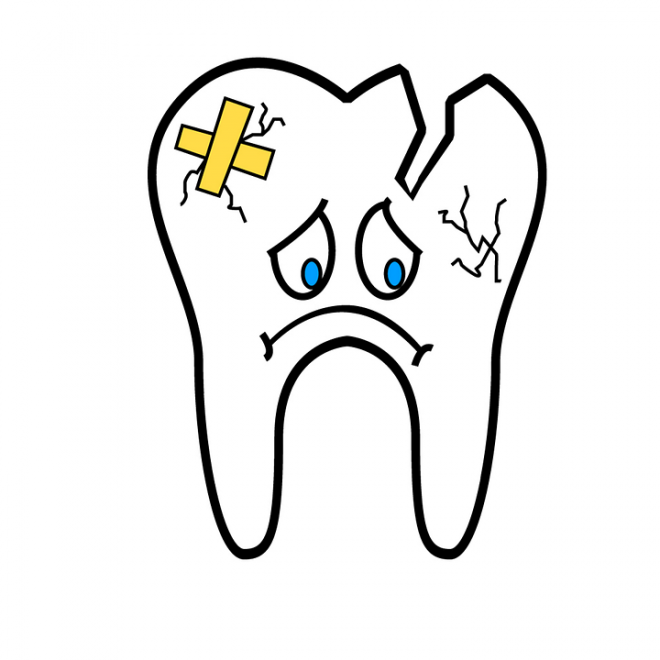
Researchers at the Queen's University Belfast have found that aspirin, a commonly used painkiller could reverse the effects of tooth decay thus reducing the need for tooth filling.
Tooth decay, a commonly known dental disease worldwide leads to the degeneration of the tooth structure causing inflammation of the tooth nerve. This induces toothache.
Treatment for this particular oral condition includes the process of tooth filling in which synthetic material is used to restore the hole caused by the cavity that is not similar to the natural tooth structure. The filling is required to be performed many times during the life time of the tooth.
Researchers at Queen's University Belfast have found that aspirin is a better alternative and a great solution for restoring tooth affected by cavity. Findings show that aspirin can improve the function of the stem cells found in the teeth thereby helping in rebuilding the lost tooth structure.
Researchers at Monash University, Australia have conducted further experiments on the effectiveness of aspirin. The pain killer has been identified as an essential drug that stimulates existing stem cells and restructures the damaged teeth by analyzing complex biological data such as genetic codes.
Rsearchers treated the stem cells from teeth with low-dose aspirin and discovered it to be a suitable element in fabricating the gene signature required to produce new dentine,the hard tooth structure damaged by decay.
"Our next step will be to develop an appropriate delivery system to test the drug efficacy in a clinical trial. This novel approach could not only increase the long-term survival of teeth but could also result in huge savings for the NHS and other healthcare systems worldwide", Dr. El Karim, principal investigator at the University said.
Aspirin, known for effectively treating pain, fever and inflammation could provide a distinctive solution for reducing pain and tooth nerve inflammation while promoting natural tooth regeneration.









